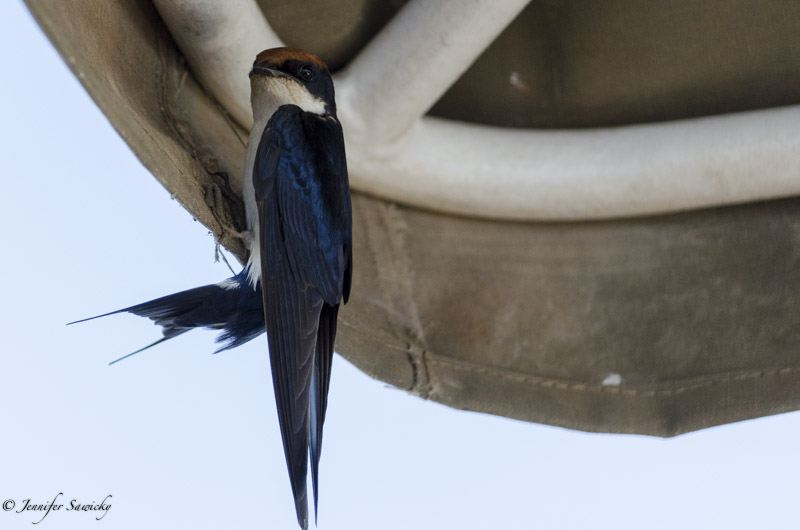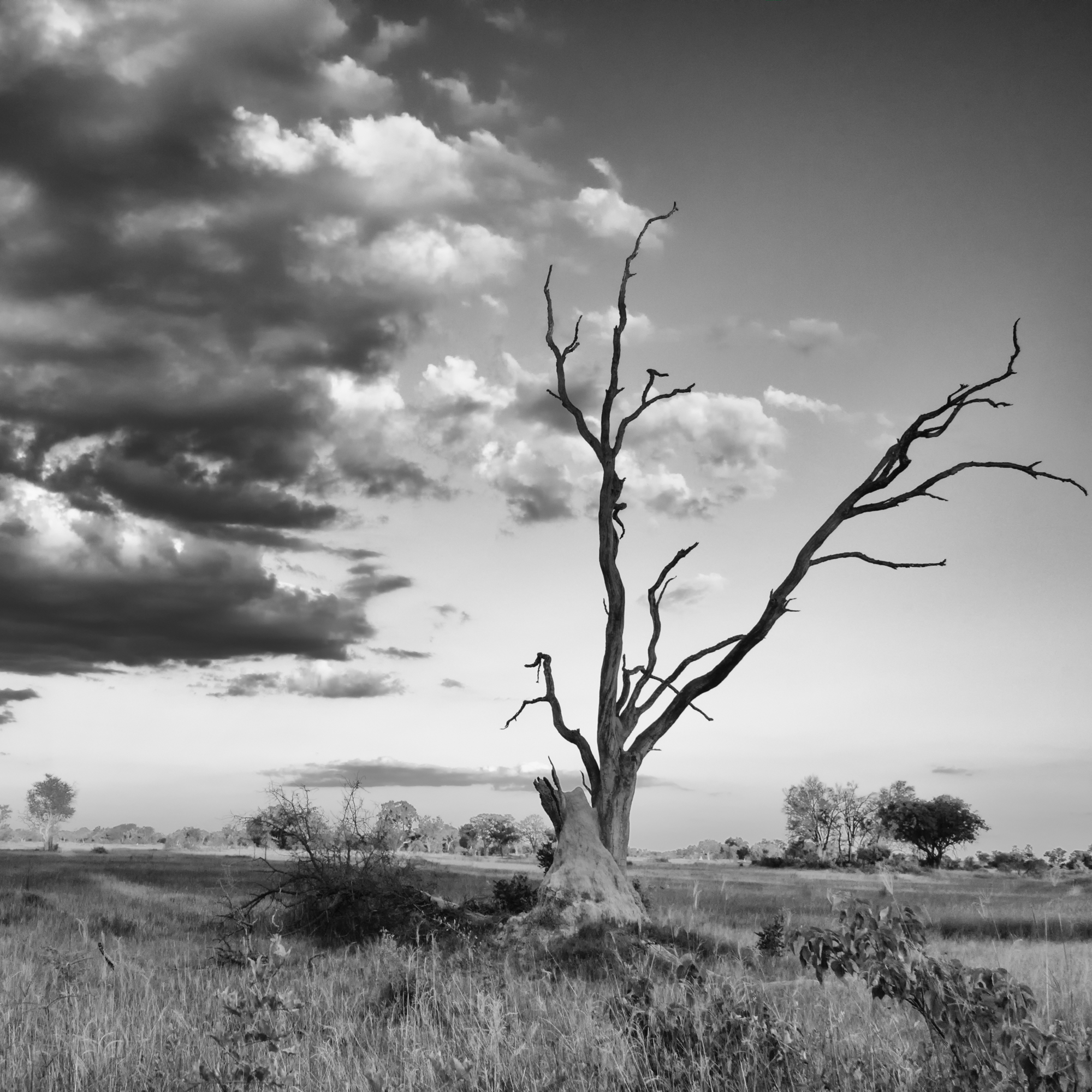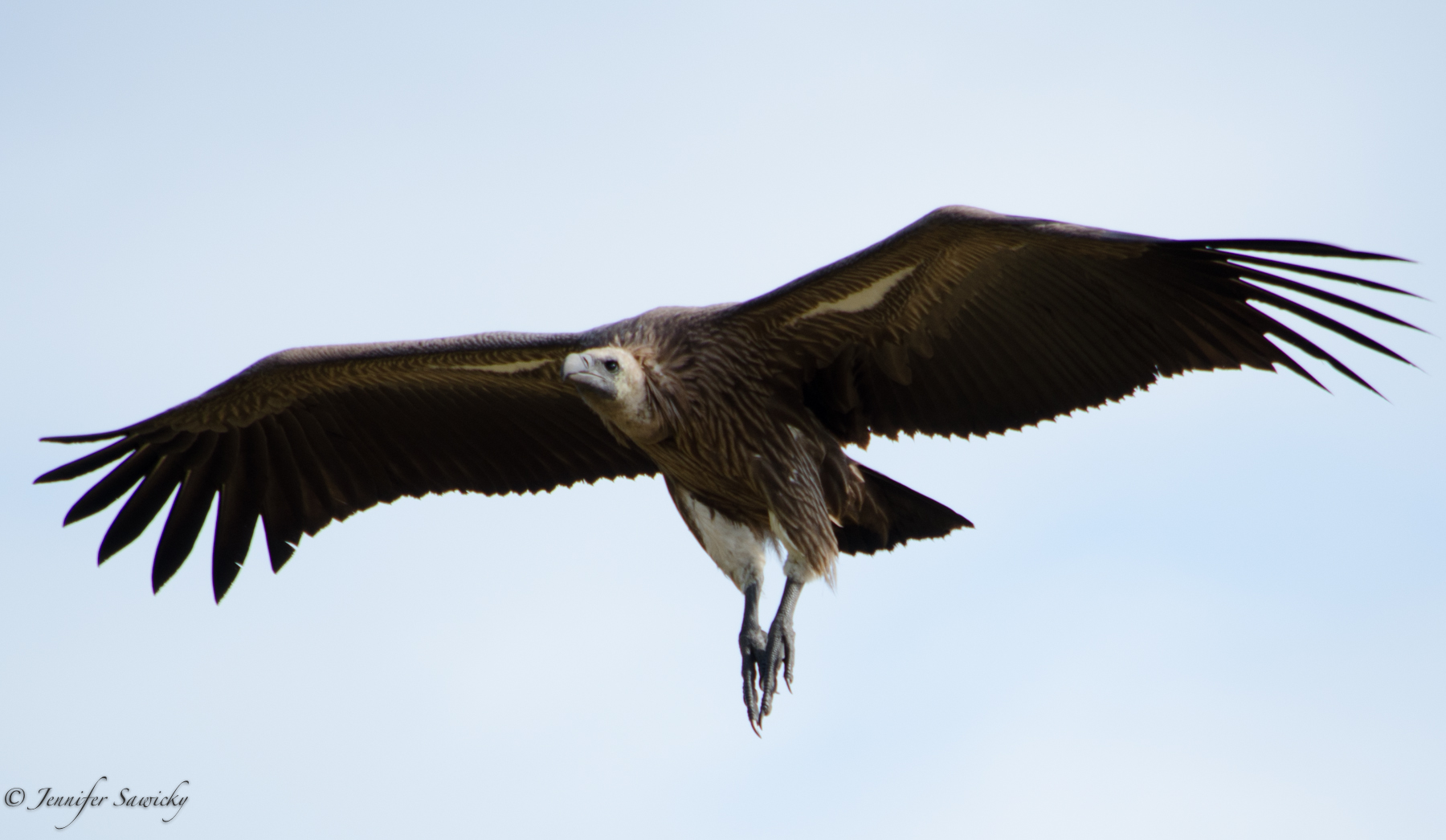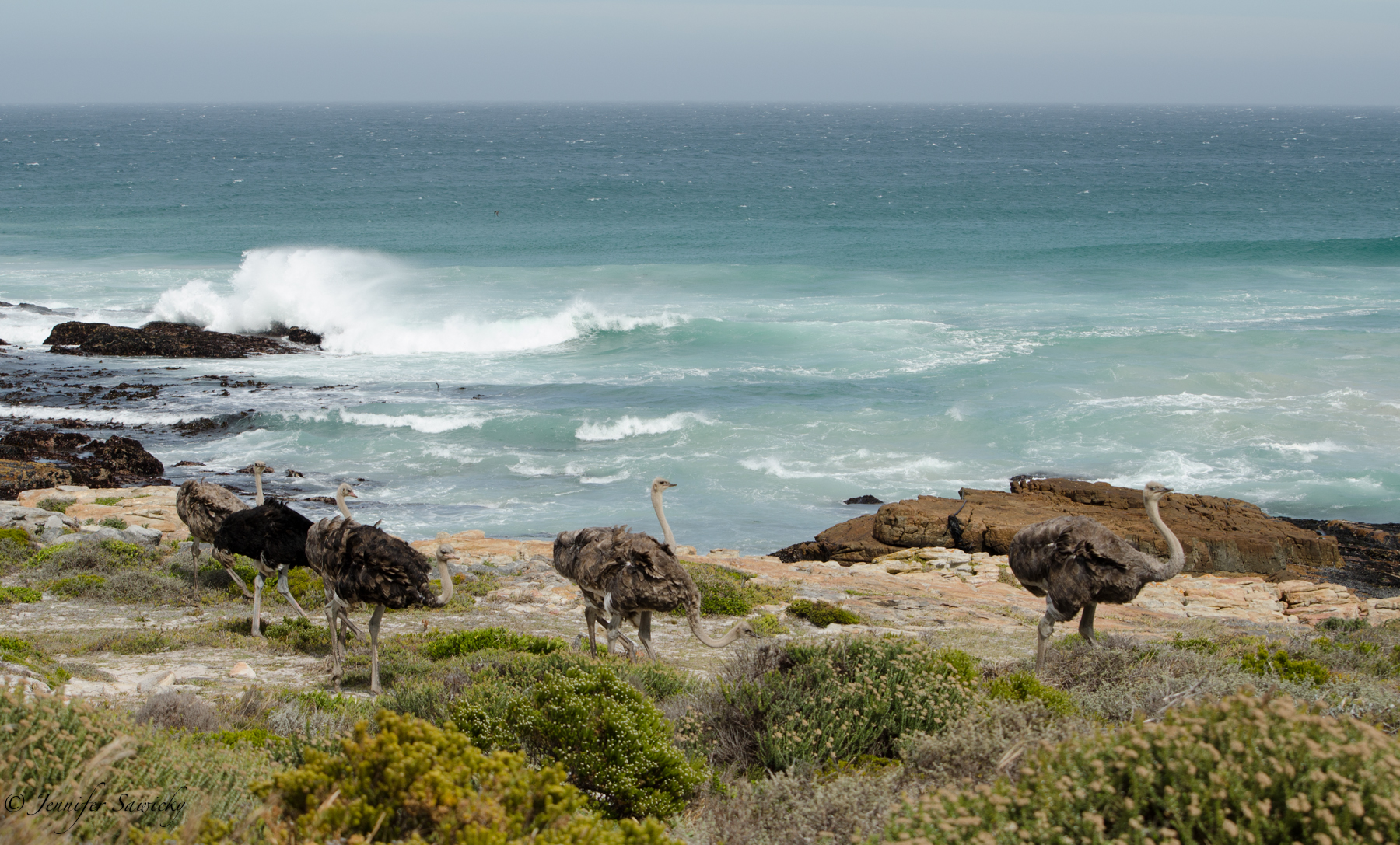
1/1000sec, f4.8, ISO800

Showcasing the beauty of Mother Nature

The long grass was doing nothing to enhance the photo, and the Jackass penguin has only a limited amount of pale pink colouring around the eyes, so I decided to do a black and white conversion. After a hectic day, unwinding with some editing seemed like a good choice, and the penguin made me smile. Mission accomplished 🙂
1/320sec, f5.6, ISO200 – conversion in Silver Efex
Penguin at Boulder Beach, Cape Town, South Africa, March 2013.

I set this photo as my desktop wallpaper a couple days ago, and that seems as good a reason as any to share it. This was taken on our first game drive at Londolozi.
1/800sec, f4.5, ISO100, April 2, 2013

Another photo from the vault. The direction of the sunlight made the original black and white conversion I did in Lightroom look washed out. I re-edited this with Silver Efex pro, and the harsh highlights have been minimized without losing detail.
I decided to go back and re-edit some old photos, as I wasn’t inspired to get out and shoot this weekend. Here is a photo taken at Chobe Park in Botswana while on a boat tour. I see lots of possibilities for editing it.

To me, the elephant at the far left of the photo looked out of place. I cropped it out, and edited the photo with Colour Efex adding a polarizing filter effect.

For the edit above, I used the same polarizing filter effect, but cropped in just to focus on the elephants crossing their trunks.

Finally, I did a black and white conversion with Silver Efex Pro, on a cropped version of the photo showing several elephants with their tusks in alignment. I added in vignetting and a border to help obscure the elephant far right that was heading out of the water.
Thanks to my landscape photography instructor Jim for reminding us to always look for the picture within a picture. 🙂
The weather on the weekend was not conducive to having my camera out, and none of my indoor projects have inspired me this week. So, I decide instead to experiment with new software on a photo I have worked on before.

I’ve not been having much success in crafting regular posts these days. I had planned on dedicating a post to birds in flight, but many of the photos I thought I would use do not look as crisp as I would like, and are now in the reject pile. Besides, it seemed a bit discriminatory towards those birds I have had the pleasure photographing that do not have the gift of flight.
So instead I’ve put together a rather random selection of birds to feature this week, and fingers crossed I will have both the time and inspiration for something more next week.
So without further ado…







I’ve just finished a blog post for Londolozi’s guest blog page, and now it is time to get back to keeping up my own page. Except I’ve got a touch of writer’s block.


I’ve been trying to think of what angle to take, what animal to highlight, and right now, nothing is coming to me at all. But these past few weeks, I have been working on a photo book project with my Mom, so I thought I would post a few of the pictures we have selected to include so far.



